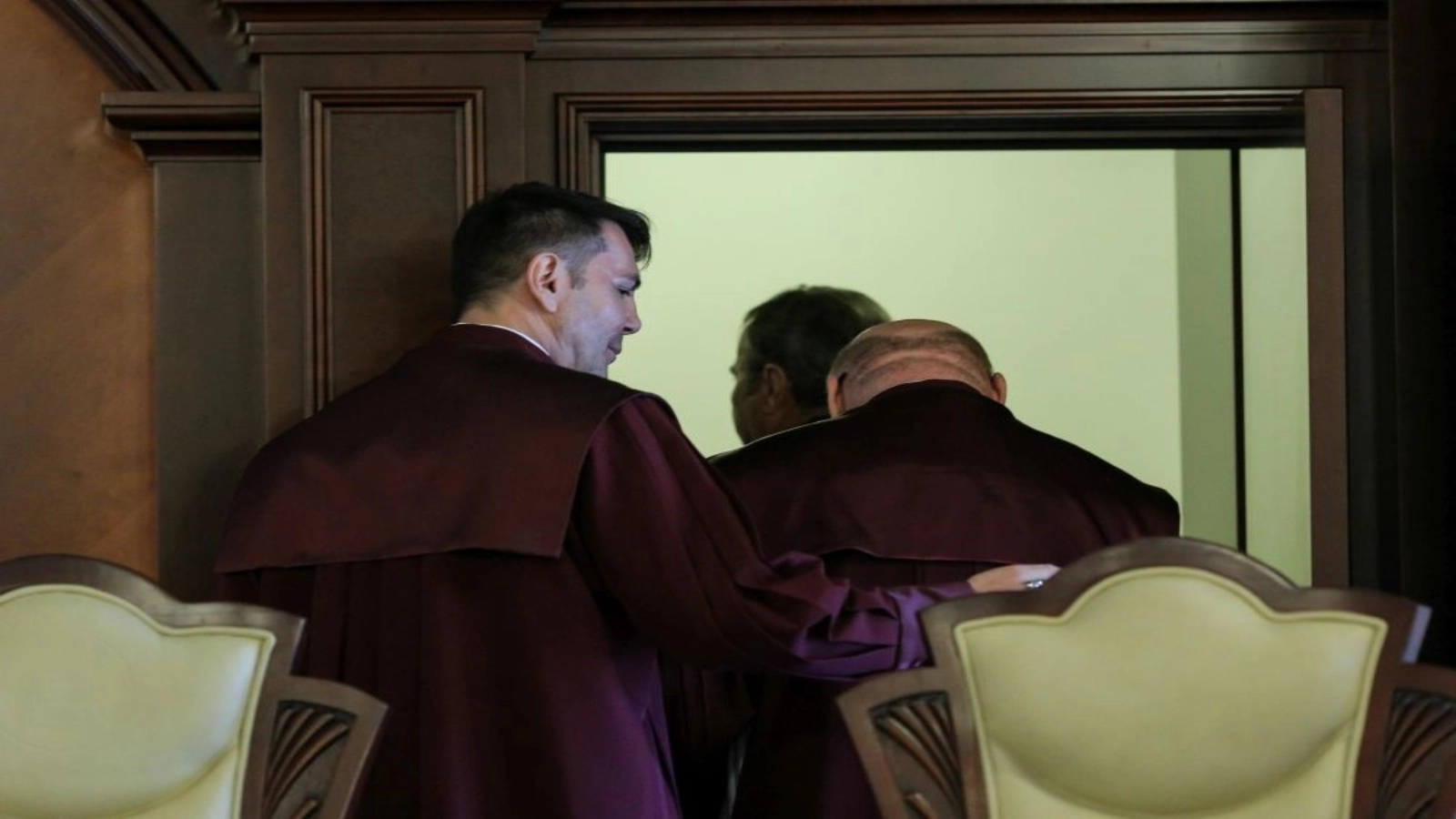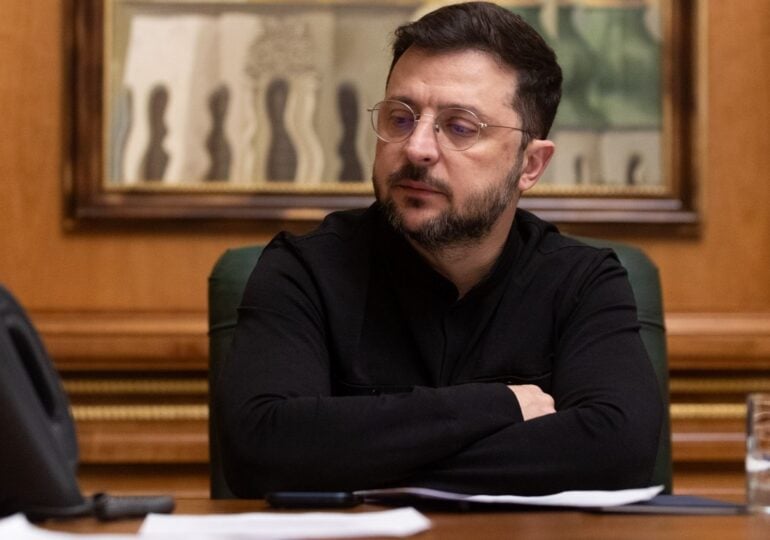The Joint Sections of the High Court of Cassation and Justice (ICCJ) decided on Thursday to notify the Constitutional Court about a law amending the Criminal Code on the benefit of parole for crimes against the person.
According to an ICCJ release sent to AGERPRES, in the Joint Sections, in compliance with the quorum requirements, it was decided to notify the Constitutional Court of Romania (CCR) for the control of the constitutionality, before promulgation, of the Law amending and supplementing Law no. 286/2009 regarding the Criminal Code.
"The objection of unconstitutionality concerns both the normative act as a whole and some of its specific provisions, retaining vices of unconstitutionality of an extrinsic and intrinsic nature," the release reads.
The United Sections held that it was necessary to notify the CCR because, under extrinsic aspect, the provisions of the Constitution regarding the principle of bicameralism are violated, the form adopted by the Chamber of Deputies containing an essential modification in the matter of parole excluding the vocation to parole of the people convicted for certain crimes, although this amendment was not the subject of debate and adoption in the Senate, which was the first Chamber notified.
"Under intrinsic aspect: the provisions of Article 1 paragraph (5) of the Constitution on the requirements regarding the quality of the law are violated (...), as the exclusion from parole of persons convicted for committing the offenses provided for in Articles 214 - 216 of the Criminal Code and the maintenance of the benefit of parole for offenses against a person whose gravity results from the provision of clearly higher limits of punishment is likely to affect the coherence of criminal law, in a manner incompatible with the requirements of the fundamental law. For example, the person convicted for using the services of the victim of trafficking in persons or trafficking in minors (...) would thus be excluded from the vocation to parole, although the person who commits the more serious crime of trafficking in persons or trafficking in minors could benefit from parole", the ICCJ states.
































Comentează